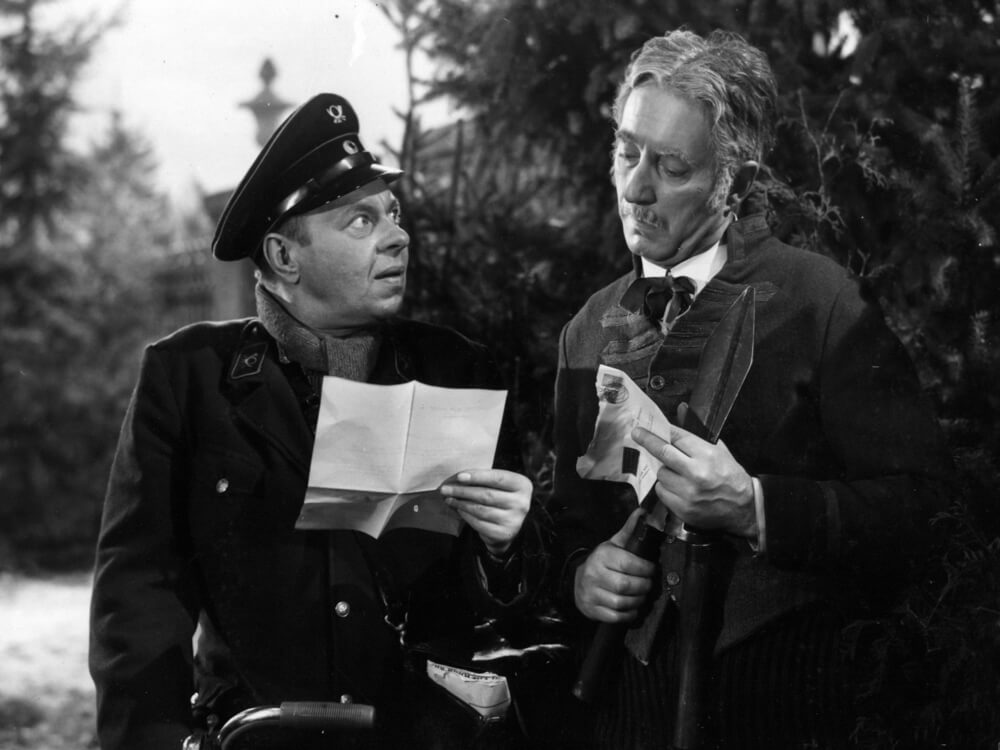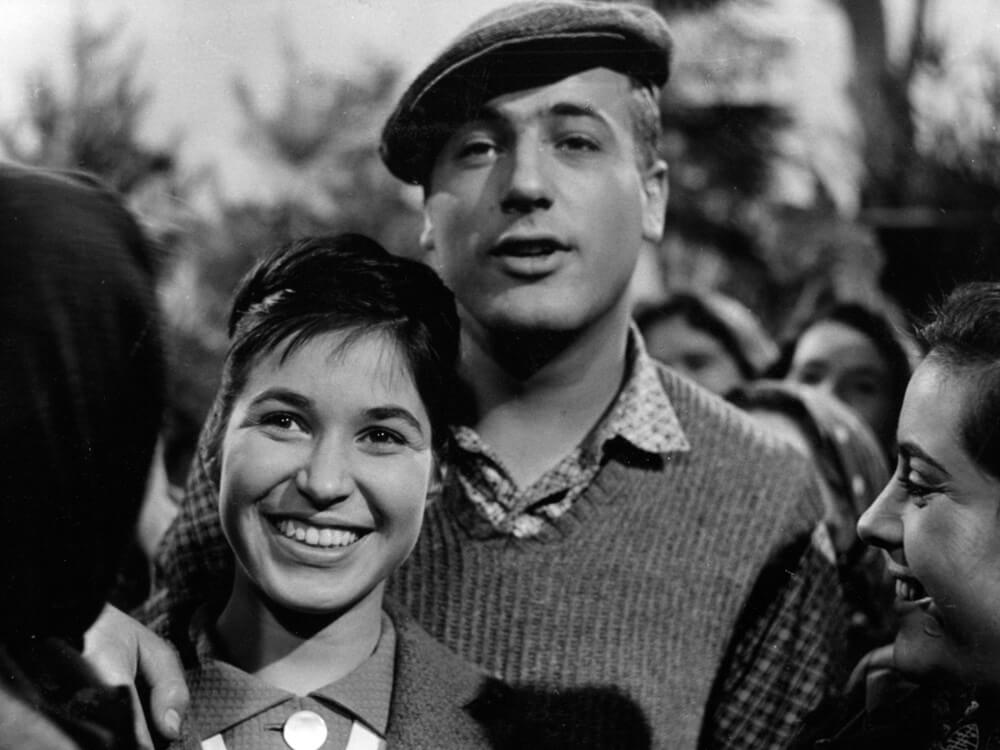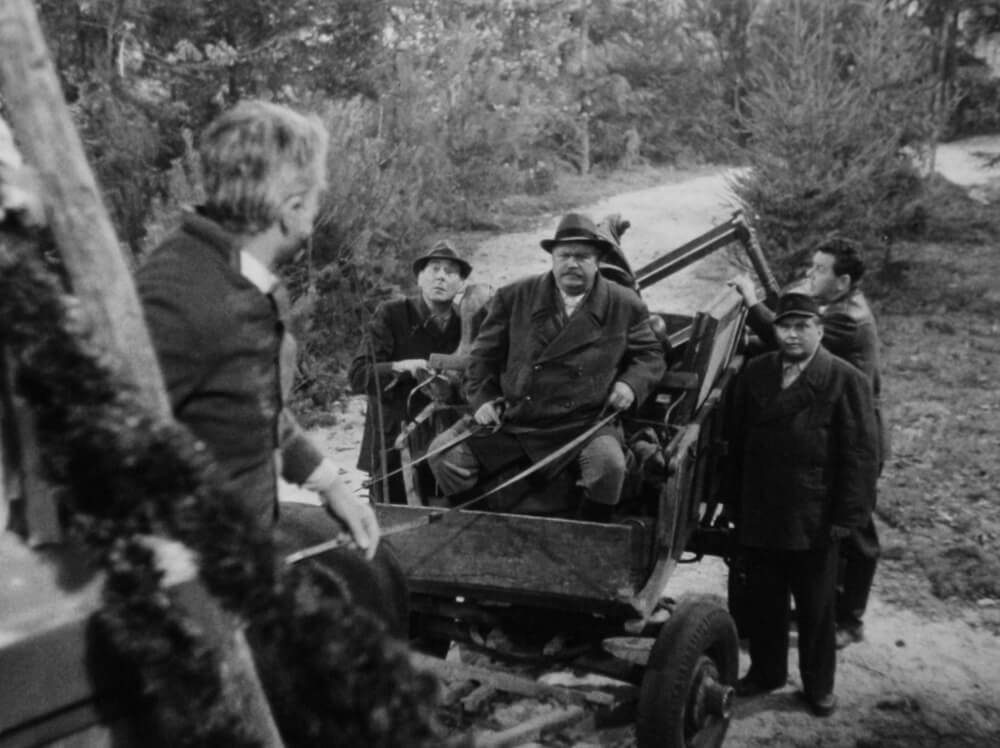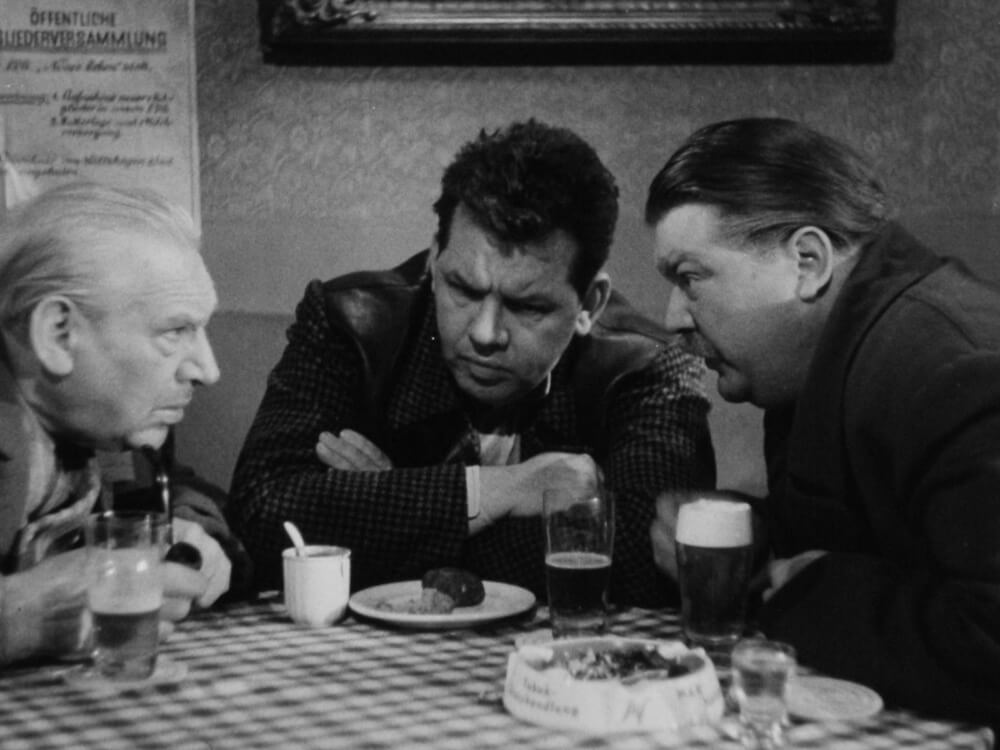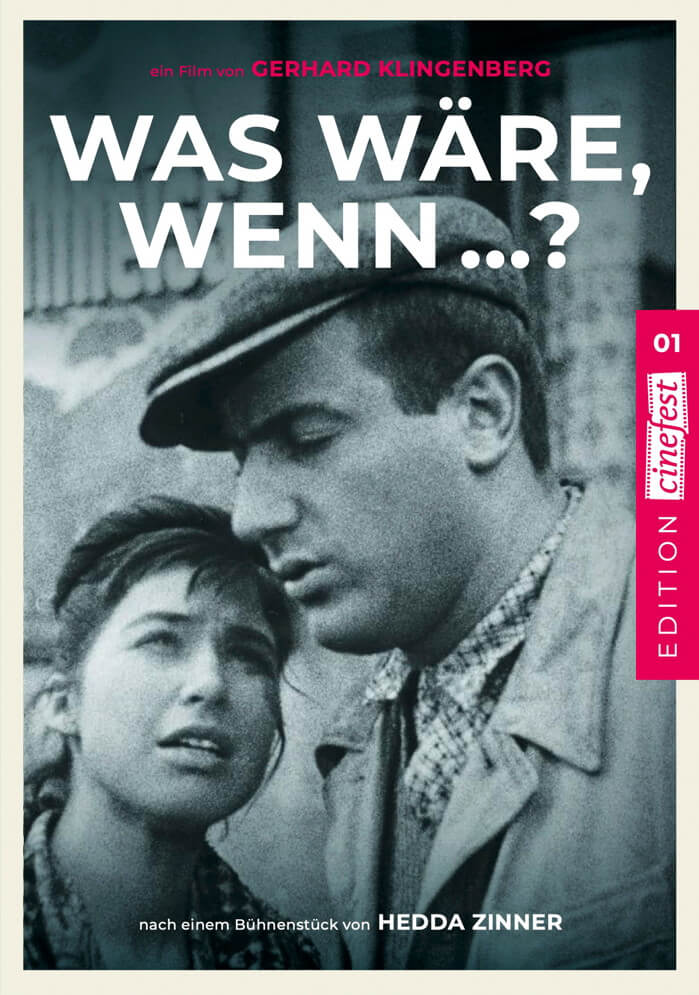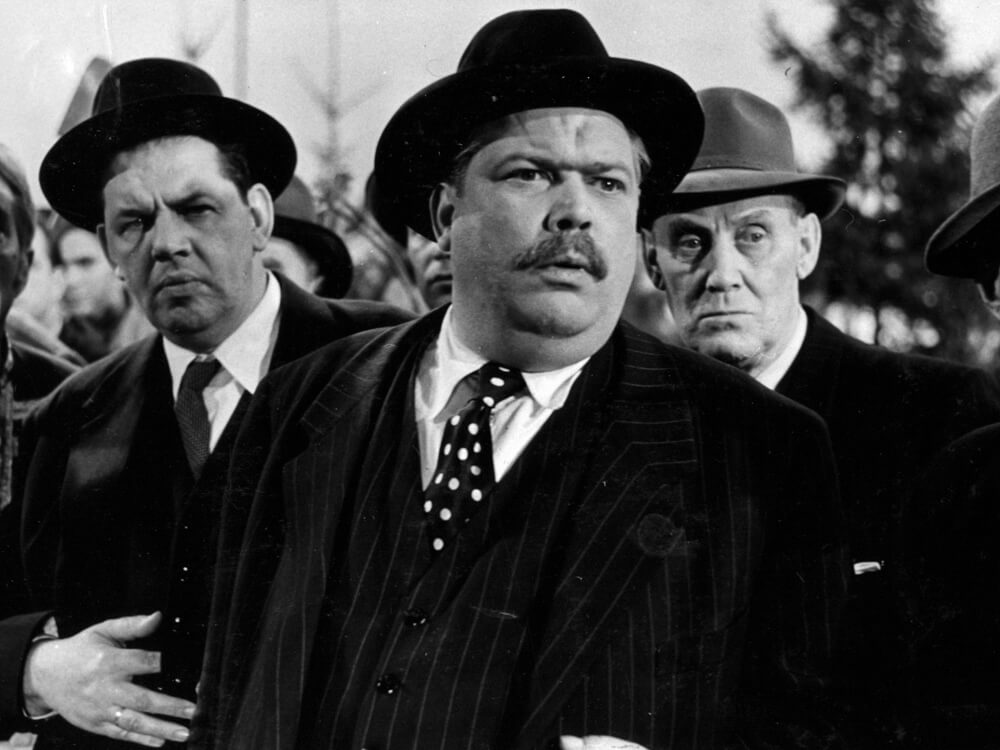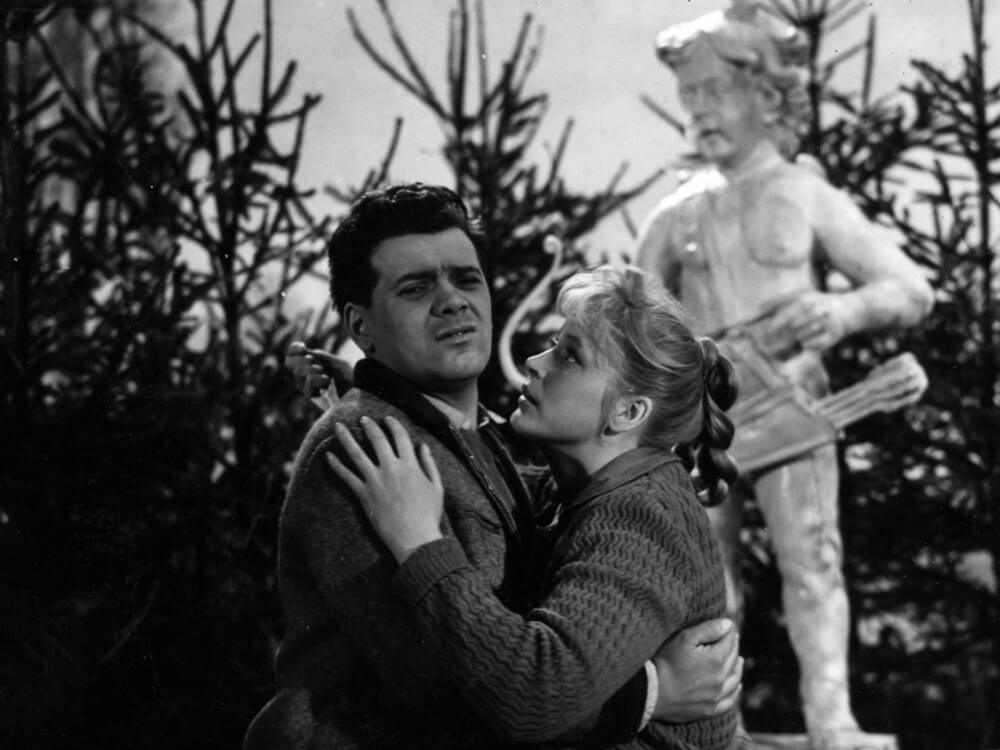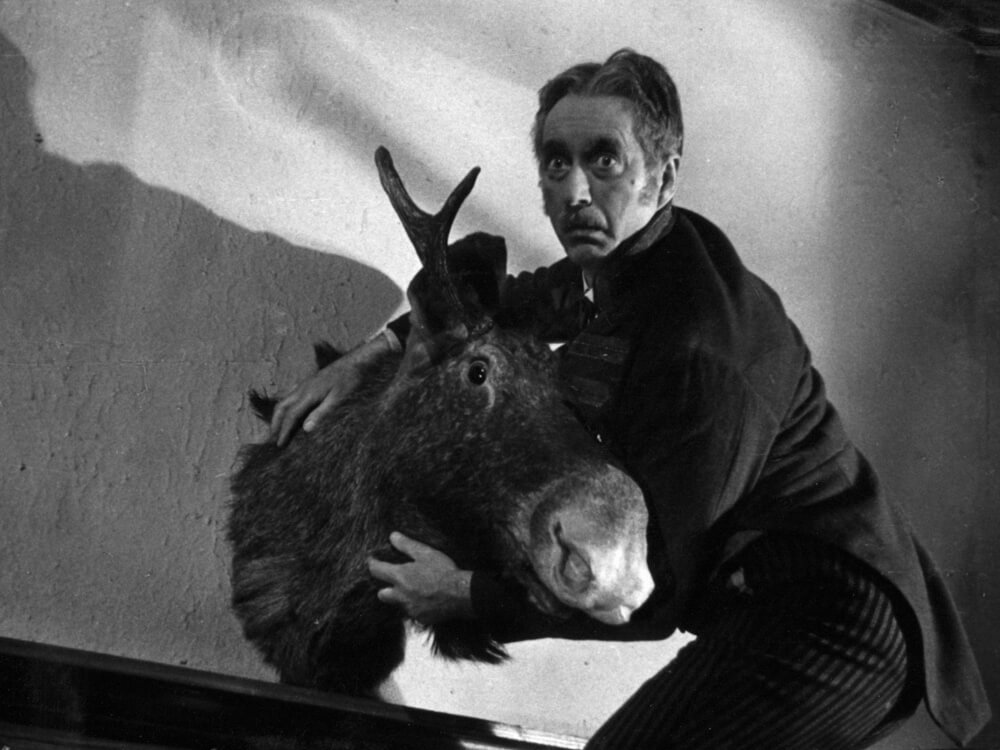Original title: Was wäre wenn …?
Director: Gerhard Klingenberg
Co-diector: Herrmann Zschoche
Screenplay: Gerhard Klingenberg, Hedda Zinner
Book: Hedda Zinner (Play)
Actors & actresses: Willi Narloch, Gerd Ehlers, Heinz Fröhlich, Trude Bechmann, Hanns Anselm Perten, Fritz Hofbauer Heinz Scholz, Adolf Peter Hoffmann, Dietrich Zimmermann, Horst Lommatzsch, Georg Peter Pilz, Ernst Kahler, Peter-Paul Goes, Peter Marx, Angela Brunner, Manfred Borges, Ursula Braun, Christa Windisch-Grätz, Manfred Krug, Gerd Biewer, Fred Düren, Hans Knötzsch, Ulrich Folkmar, Werner Trögner
Cinematography: Erich Gusko
Camera assistant: Peter Dietrich
Set design: Alfred Drosdek
Editing: Friedel Welsandt
Sound: Horst Mathuschek
Make-up: Klaus Goede, Anita Hering
Costumes: Rosemarie Wandelt
Music: Peter Fischer
Production management: Erich Albrecht
DEFA photographer: Hans Bernd Baxmann
Production company: DEFA (Deutsche Film AG)
Genre: Comedy, Drama
Year of production: 1960
Country: German Democratic Republic (GDR)
Language: German
Length: 90 Min
Rating: FSK 6
Resolution: Full-HD


